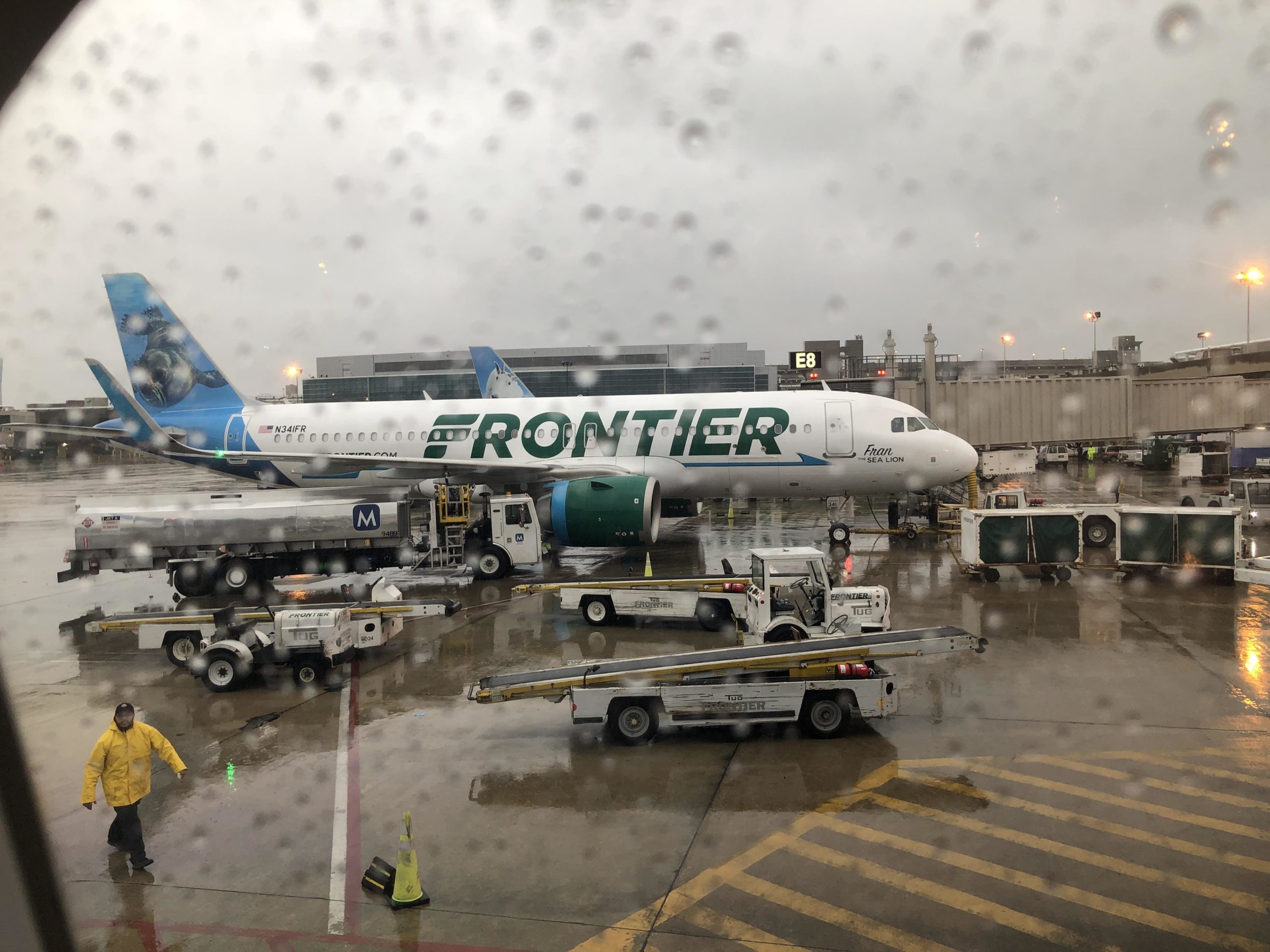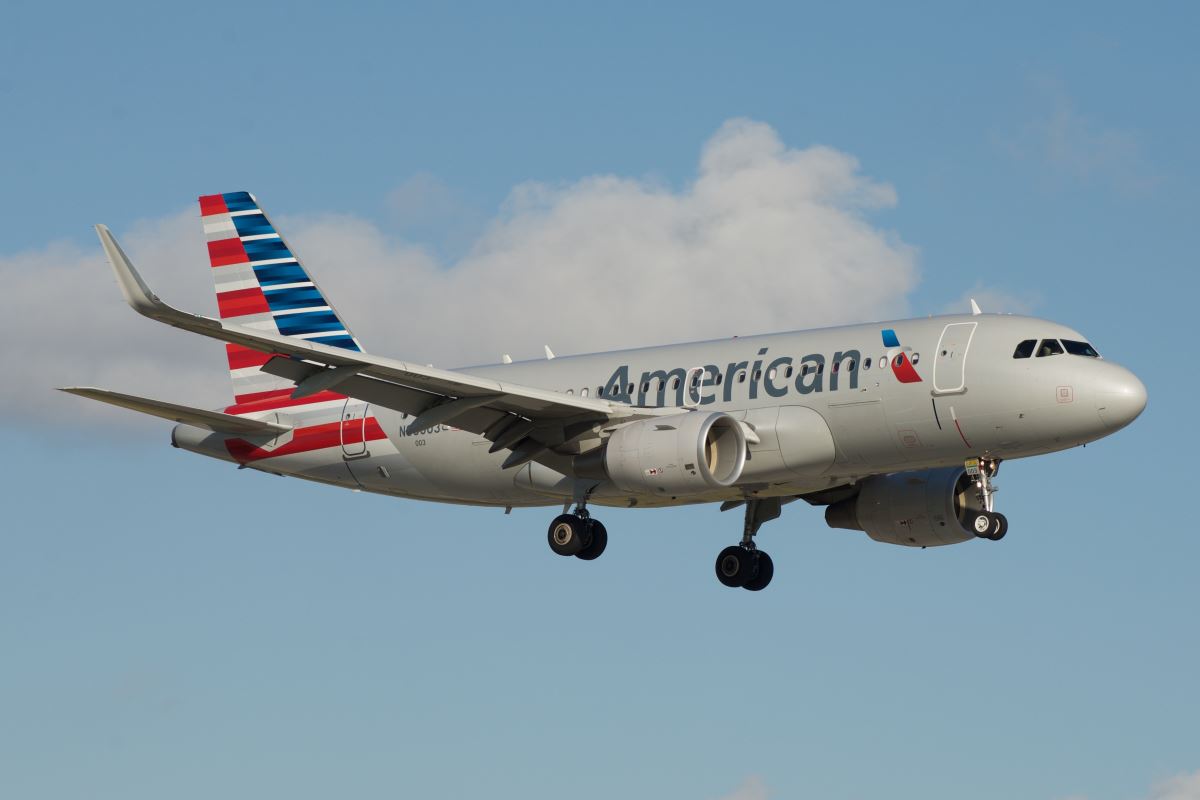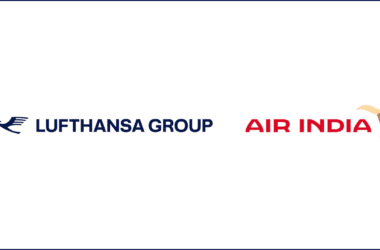Spirit and Frontier Merger: Hurdles for Approval
The Spirit and Frontier merger has rocked the United States aviation scene. Long seen as a merger of equals and complementary networks, the news still shocked even seasoned industry observers. The big question surrounding the merger is will it be approved?
Spirit and Frontier Merger Match
The two airlines are as close to a complementary set as you can get in the United States. Spirit and Frontier are both extensive Airbus-only operators. Both airlines have outstanding orders for A320neo aircraft. The airlines have very similar business models in the ultra-low-cost world. Neither airline was very large, to begin with. Although they do have some overlap in Florida, most of their operating hubs are different.
The two airlines, if combined, would become the 5th largest airline in the US. Currently, they are 7th and 8th. The merger would leapfrog them ahead of Jetblue and Alaska, but the airline would still be much smaller than the smallest of the Big 4. The stock and cash purchase by Frontier would give Spirit shareholders a sizeable premium over the closing value of Spirit airlines on Friday, February 4th.

Shareholder Approval
The first step in getting the merger approved will be shareholder approval. Frontier is majority-owned by Indigo Partners. Indigo has airline investments across various continents and has extensive airline ownership experience. Spirit does not have a majority shareholder. Spirit’s shareholders will have to approve the purchase as the target company. This seems likely given the value premium prior to announcement shareholders will receive. There is always a risk of a rogue shareholder vote, but this seems unlikely. After the shareholders approve of the merger plan, the last hurdle will be clearing government regulatory approval.
Uphill Battle Against the DOJ
Spirit and Frontier will have to obtain regulatory approval from the Department of Transportation and the Department of Justice in order for the merger to go through. The main risk lies with DOJ approval. The Biden administration has made competition a cornerstone of their economic proposals. A merger between the two largest ultra-low-cost carriers in the United States may raise some red flags. The DOJ sued American and Jetblue for their Northeast Alliance earlier last year. If the DOJ believes there are competition risks, they are likely to sue to enjoin the merger from happening. The merits of both lawsuits, however, are weak.
By joining with Spirit, Frontier would be able to better compete with larger legacy airlines in scale. A larger airline is better able to deploy capacity and disrupt current legacy fortresses. Although fares may increase, the fact that the merger is of peer companies means that the combined company will still offer low fares. If the combined airline is able to grow as aggressively as the two separate airlines planned, this will mean more low-fare flights across the US.

Landing Thoughts
Although the Biden administration has tried to toughen standards to preserve competition, a Sprit and Frontier merger would actually help competition. It’s not the same for two small airlines to compete against four behemoths. If those airlines combine, they would have a better shot at disrupting the Big 4. Even if they combine, Spirit and Frontier are a little over half the size of Southwest. The two share complementary fleets, customer types, and networks. It would be surprising to see the Biden administration block this merger in the name of competition since the Spirit and Frontier merger better positions them to compete.
Here is a list of all my flight reviews: The Millennial Traveler Flight Reviews
Here is a list of all my lounge reviews: The Millennial Traveler Lounge Reviews
If you want to stay up to date with the latest airline news follow me on Twitter and Facebook!
Also follow Travel Update and Boarding Area on Twitter!












